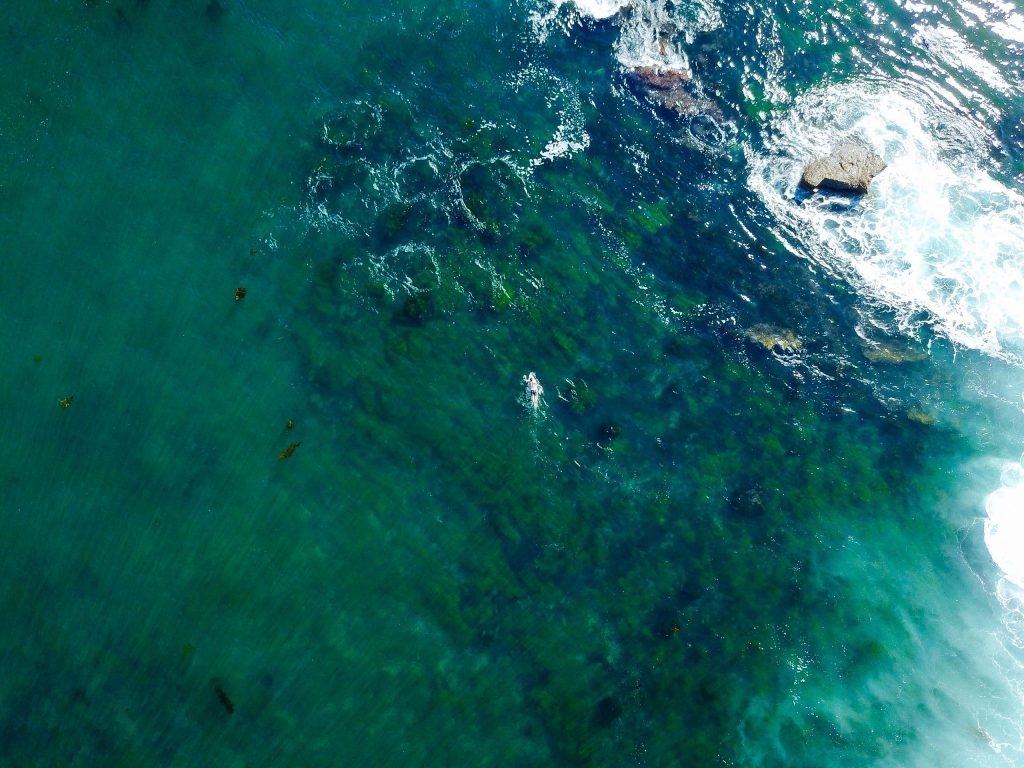What is the project?
The project seeks to find a solution to disease outbreaks that cause significant economic damage to the aquaculture industry and interrupt the food supply in South East Asia. Our project collaborators (based in Bangkok) specialise in shrimp immunology and dsRNA production, whereas our laboratory works in protein production in bacteria and microalgae. Therefore, the project combines the expertise of both groups to find a simple, low cost solution to the problem. Specifically, we are working to identify a strategy for creating strains of microalgae that carry immunogenic proteins or dsRNA to target particularly devastating pathogens. One advantage of working with microalgae is its classification as ‘generally regarded as safe for consumption’, as this allows it to be used as an easy feed additive. Another clear advantage is the low cost and general ease of growing algae, and this is particularly important when working with Low-to-Middle-Income Countries (LMICs). We are also exploring alternative routes such as the production of immunogenic proteins in bacteria that could be purified and used in vaccines or bioencapsulated as an oral feed.
What is it like to be a GCDC PhD student at Kent and what has been the highlight of your first year?
It is incredibly motivating to be a part of a project that aims to tackle a serious global challenge, and meeting our collaborators in Bangkok made me realise this even more. Although the project is still in the early stages, it is very rewarding to see the potential application of our research. An important part of the project is working with international collaborators, as this allows us to carry out research in their facilities as well as hosting them at Kent. The highlight of my first year was our first trip to Bangkok when we met our collaborators, toured their facilities and attended a Global Challenges Research Fund (GCRF) event at the British embassy in Thailand.
What is your main goal for the next year?
The main goal is to produce some of the strains we have been designing by transforming our parental algal strain with the constructs we have created. Once our strains are transformed and confirmed to have the gene of interest, we will transport the samples to our collaborator’s facilities in Thailand and start feed trials with shrimp. It will be incredibly exciting to see more results, and this will enable me to begin writing up.
Challenges you have overcome in the first year
The most difficult challenge has been the pressure I put on myself to ‘get it right’ the first time around. However, I have learned from more experienced students and colleagues that experiments are not going to work the first time and results take time. It has been important to manage expectations and my time between research trips, and I have found that not being required to teach has given me more capacity to focus on my research. There has been a lot to learn in the first year, and I am indebted to my supervisor and colleagues for their help and support.

